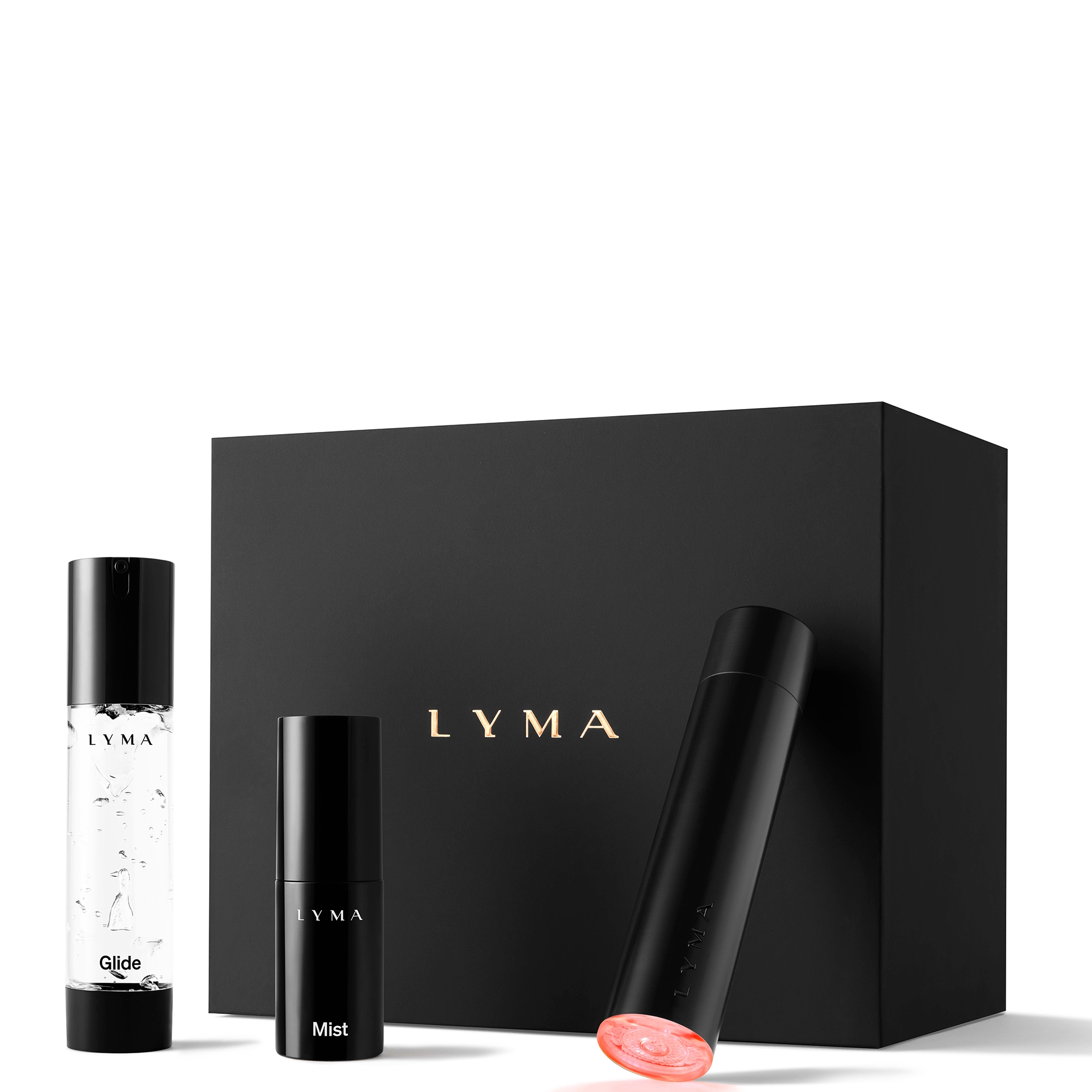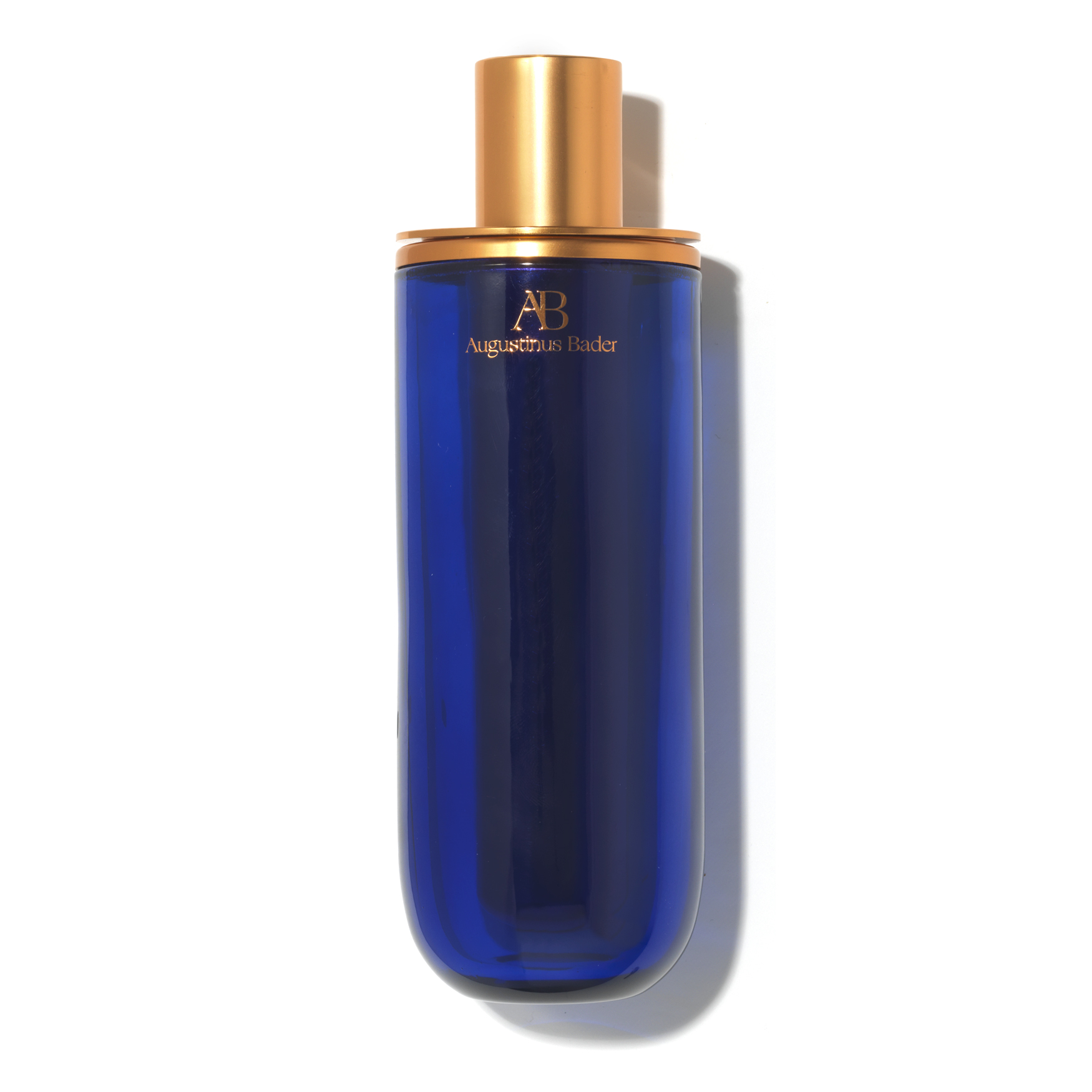From AI-Enhanced Fragrance to Epigenetic Skincare, the Future of Beauty is Looking Bright
More personal, precise and powerful than ever
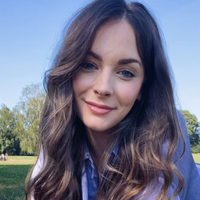
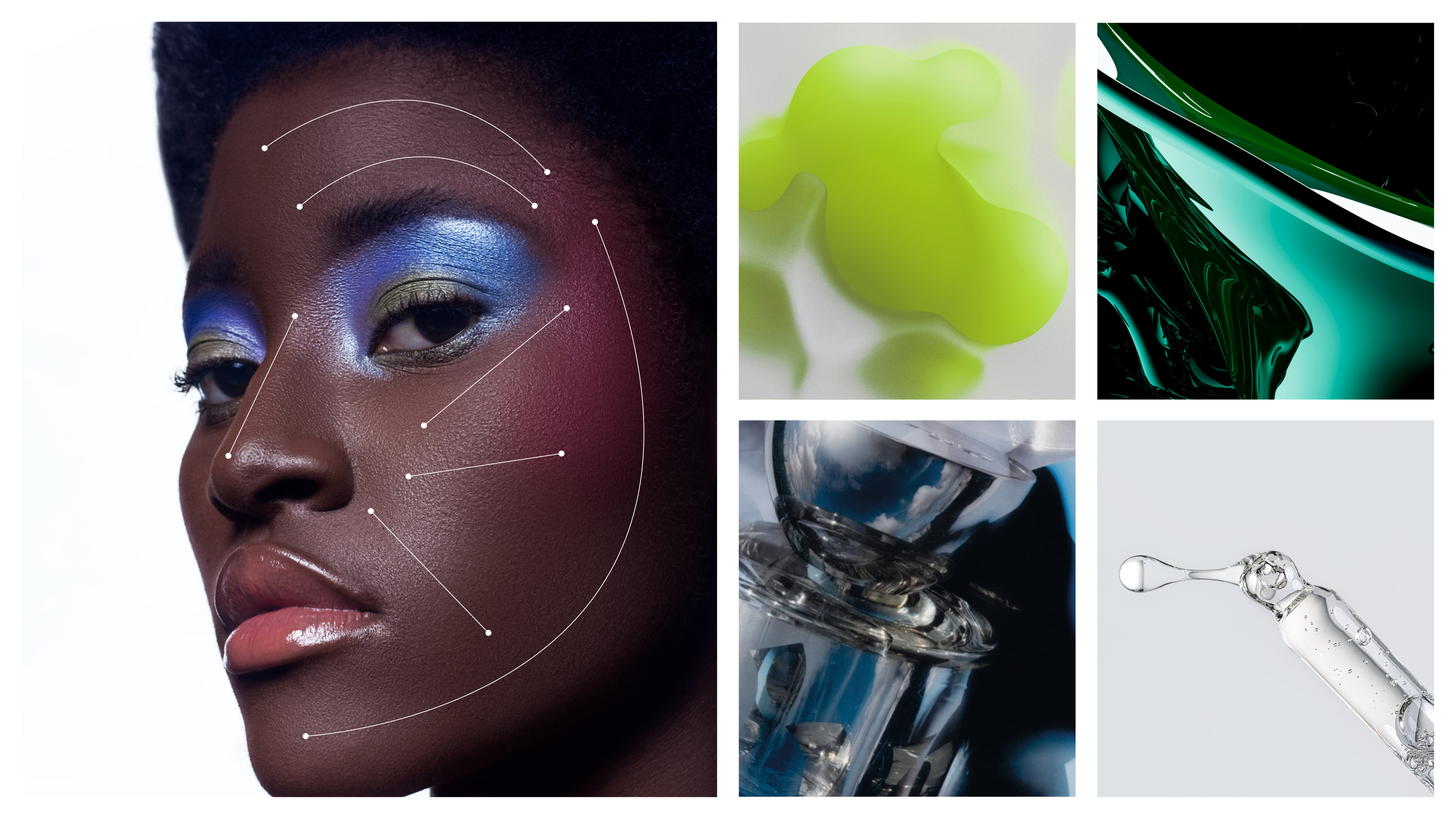
Your serum is tailored to your DNA. Your fragrance, designed by an algorithm using a photo from your last holiday. Your shampoo? Customised to the pollution levels in your postcode. Welcome to a new chapter of beauty: one powered by intelligence but grounded in joy, creativity and care. Where technology isn’t replacing the magic—it’s making more of it. And the result is a future that looks not just brighter, but more personal, inclusive, and full of innovation we once thought impossible.
Nowhere is this transformation more striking than in fragrance, where technology is opening creative frontiers. “There have only been 100,000 fragrances ever made, but I want that number to be millions.” I’m talking to Alex Wiltschko, CEO and Founder of Generation by Osmo, a company that teaches computers to smell, or more specifically, to decode and design fragrance on a molecular level.
“We built a map of smell by training our olfactory intelligence (OI) model using a dataset of 5,000 aroma molecules across various categories like floral, fruity, or minty. By identifying patterns in the molecular structures, it can now predict, reproduce and invent molecules and combinations that have never existed before.”
What once took years of trial and error in a perfumer’s lab now can be modelled and validated in a fraction of the time, unlocking not just new ingredients but entirely new frontiers of creativity. And yet, according to Wiltschko, this shouldn’t be seen as a threat. “OI doesn’t replace intuition, artistry, or the ability to create something deeply human,” he assures. “But it does remove blind spots and optimise formulas. It can check that a fragrance isn’t just a remix of something old. It can find molecular shortcuts that replace five. The magic happens when machines and human noses work together.”
Laurence Chirat, Digital Creation Head of Perfumery & Beauty at dsm-firmenich, a company that sources and creates fragrance ingredients, says the industry has been welcoming of the innovation: “Most of the perfumers see Artificial Intelligence as an ally rather than a competitor, allowing them to spend more time finding inspiration and creativity. It cannot replace their talent, intuition and experience.”
There have only been 100,000 fragrances ever made, but I want that number to be millions.
Alex Wiltschko, CEO and Founder of Generation by Osmo
It’s not just fragrance that’s being reimagined and, of course, AI is front and centre of many of the forward leaps across the entire beauty spectrum. Take makeup - thanks to AI, shade development has entered a new frontier of inclusivity. Brands like Il Makiage are using hyperspectral imaging and machine learning to match foundation shades to their consumers’ skin tones online with unprecedented precision, and platforms like Lalaland.ai are able to generate hyperrealistic models of every skin tone, type and age to ensure their campaigns are truly inclusive. In 2018, L’Oreal Group acquired ModiFace—the global market leader in augmented reality and artificial intelligence for the beauty industry—to facilitate virtual makeup and hair colour try-ons as well as offer consumers skincare diagnostics with the same accuracy and precision that they would receive in real life and real time.
But AI is only the beginning when it comes to the future of beauty. There is also the rise of epigenetics and the intersection of biological interventions and skincare. “By mastering how to adjust genetic dials, we can change the ageing process at a cellular level,” says Lucy Goff, founder of LYMA, whose laser device and nutraceutical formulations are designed to eliminate senescent cells (otherwise known as Zombie Cells that have stopped dividing but not died, triggering inflammation and molecular ageing), boost mitochondrial activity, and reprogram how the skin ages from within. It’s a regenerative philosophy echoed by beauty brands like Augustinus Bader, which is founded upon the principles of epigenetics to address environmental and lifestyle factors to influence gene expression for optimum skin health. Most recently, the brand’s CEO, Charles Rosier, has teamed up with longevity guru Deepak Chopra and AI visionary Poonacha Machaiah to launch the AB Chopra Epigenetics platform, which merges genetic health profiling, biological diagnostics, psychological insights and mind-body principles to offer a hyper-personalised, real-time protocol for optimised longevity and wellbeing.
Celebrity news, beauty, fashion advice, and fascinating features, delivered straight to your inbox!
These shifts are helping to shape the aesthetics industry, too, and cosmetic treatments are pivoting from being purely augmentative to deeply regenerative. “We’re not just filling or freezing anymore,” says leading aesthetic doctor Dr Sophie Shotter. “We’re stimulating the skin’s own architecture to rebuild itself - through exosomes, polynucleotides, even DNA-informed treatment plans.” It’s a sentiment echoed by renowned aesthetic editor and founder of The Editor’s List Olivia Falcon, who calls regenerative medicine “the future of aesthetic beauty”, citing next-gen injectables like Renuva, which encourages fat cell regeneration using a donor-derived matrix. “As we age, our fat cells atrophy, causing loss of volume and sagging,” she explains. “This treatment, although not available in the UK at the moment, can take decades off your appearance, just by biohacking your own cells. It’s all going to become hyperpersonalised, with treatments becoming far more bespoke.”
This shift towards personalisation has already happened in skincare. Where once we all bought the same moisturiser off the shelf, or at best, chose a face cream to suit a finite selection of skin types, today’s formulas are becoming algorithmic, iterative, and bespoke beyond what we ever thought possible. “Personalisation in our world means ongoing adaptation,” says consultant dermatologist Dr Emma Craythorne, founder of Klira, which uses clinical logic and remote diagnostics to generate dynamic prescription-strength, personalised skincare tailored to a patient’s evolving skin state. “One person might go through twelve formulations in a year. It’s not one-size-fits-all - it’s one-size-for-you at that precise moment in time.”
We’re stimulating the skin’s own architecture to rebuild itself
Dr Sophie Shotter, leading aesthetic doctor
The same logic is sweeping through haircare. Brands like Prose are blending hyper-tailored formulas based not just on scalp type or hair texture, but on everything from environmental pollution to diet quality and stress levels. It’s about meeting each individual where they are, not where they should be, and can also be seen in the rise of products responding to our emotional state. Fragrance brands Vyrao and Edeniste, for example, use neuroscientific insights to craft mood-based perfumes formulated to uplift, energise, or calm, pairing scent with functional wellbeing, and skincare brand Selfmade is taking things even deeper, creating skincare that addresses psychological triggers like stress and anxiety, blending psychodermatology with self-regulation rituals.
Further to products that sooth or heal, beauty is also about bringing pure, unadulterated joy into the everyday. From sweet treats like Prada’s Banana Balm and Glossier x Magnolia Bakery’s Banana Pudding Balm to nostalgic throwbacks like the viral return of Clinique’s Black Honey, brands are tapping into emotion through flavour, memory, and a sense of playful indulgence.
The future of beauty is no longer limited to results that exist purely in the mirror. It’s integrated into what we feel, what we can track and what we can tailor in real time. It lives in algorithms and genome maps, in scent molecules and skin microbiomes. It penetrates deep into our cells, extending their longevity and hacking their natural biological function. But more than that, the future of beauty is about joy—in self-expression, in playful experimentation, in the small rituals that make us feel more like ourselves. It’s not just about looking better, younger, or smoother. It’s about being deeply understood — and finding delight in that understanding.
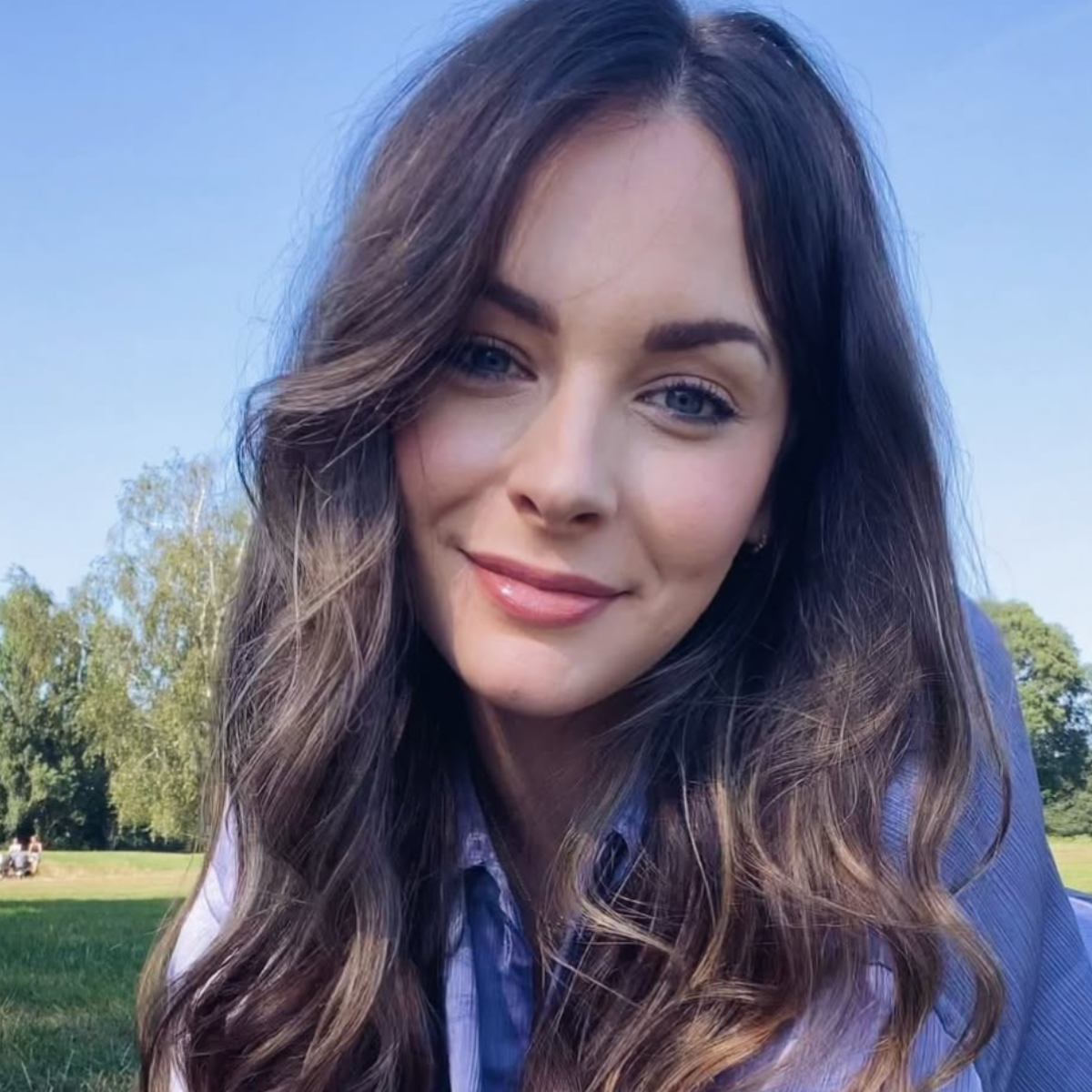
Lottie Winter is the Beauty Director at Marie Claire UK. With over a decade of beauty journalism under her belt, she brings a desire to cut through the noise and get to what really matters–– products that deliver, conversations that empower, and beauty that makes people feel like their best selves.
